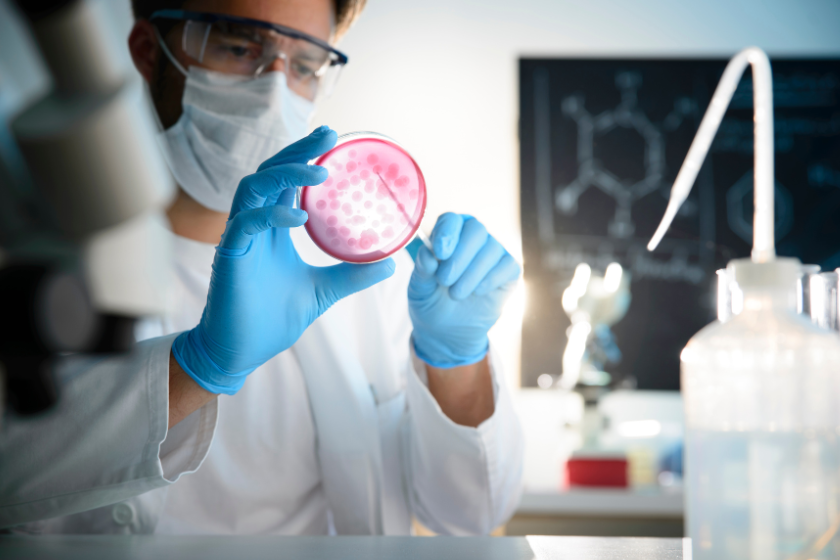


Culture and sensitivity is a laboratory technique used in microbiology to identify pathogenic organisms (such as bacteria, fungi, or viruses) in biological samples and determine their susceptibility to various antibiotics or antimicrobials. This procedure is essential for the accurate diagnosis and treatment of infections.
A culture and sensitivity test is a laboratory test performed to identify microorganisms, such as bacteria or fungi, present in a biological sample (e.g., blood, urine, sputum). This test also determines the sensitivity of these microorganisms to different antibiotics or antifungals, helping to guide appropriate treatment.
The test begins with the collection of a sample from the patient, which may be blood, urine, secretions, or infected tissue. The sample is placed in a culture medium under controlled conditions to allow microorganisms to grow. After an incubation period, additional tests are performed to determine which medications they are sensitive to or resistant to.
Culture results can take 24 to 48 hours, although in some cases it may take longer, depending on the type of microorganism and the culture medium used. The sensitivity test results are usually available a couple of days after the organism has been identified, as they require additional testing.
If a resistant microorganism is identified, it is important that your doctor evaluates the results and adjusts the treatment. It may be necessary to use a different antibiotic than the one initially prescribed. A consultation with an infectious disease specialist may also be considered to discuss the most effective treatment options.